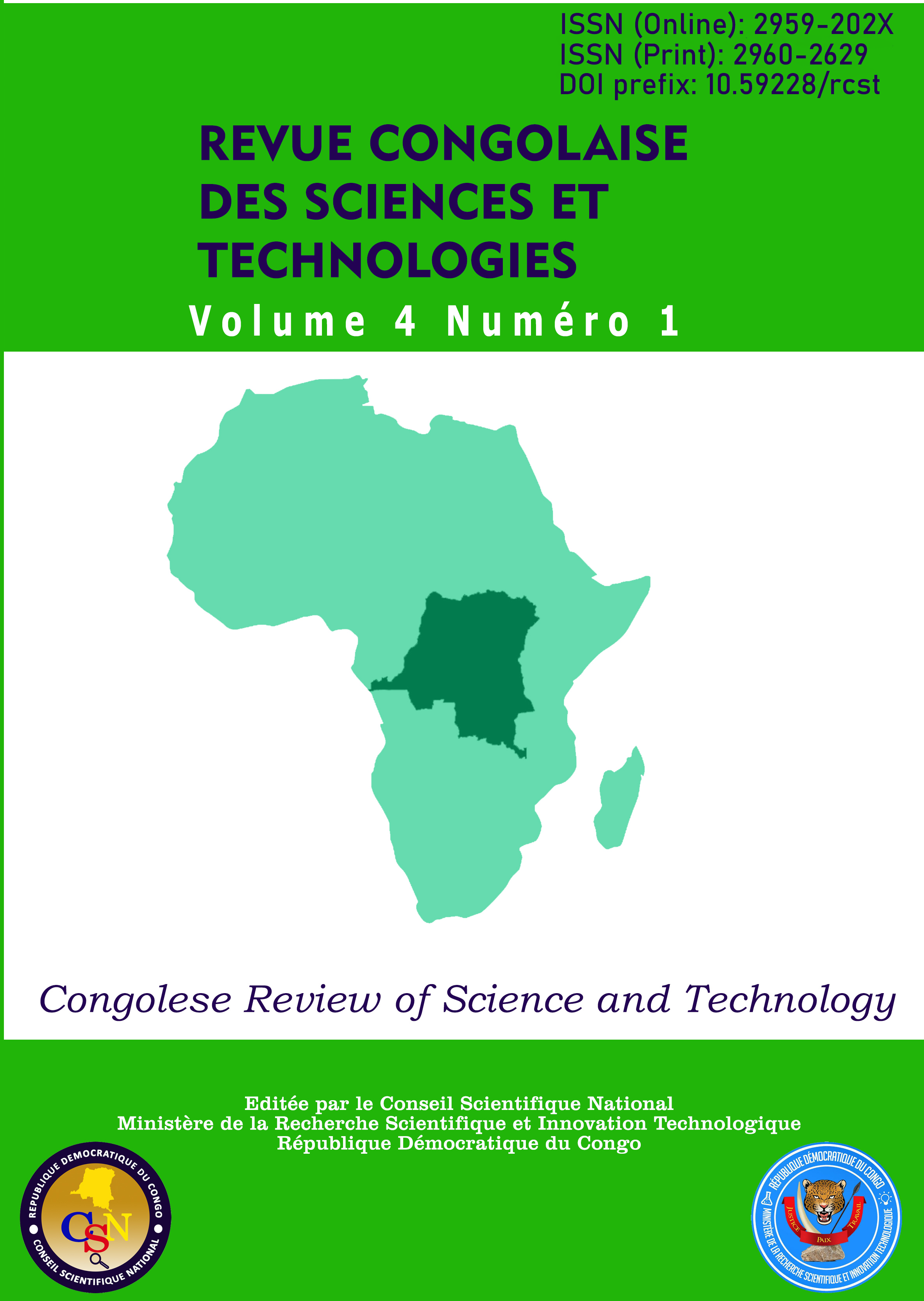The problem of tax control in small businesses in Democratic Republic of the Congo
Main Article Content
Abstract
The Congolese tax system is self-liquidating, meaning that the taxpayer freely declares his taxable income and pays the amount due. By presumption, the tax administration recognizes the sincerity of the declaration because it serves as a basis for determining the tax owed by the taxpayer. The tax audit makes it possible to verify the sincerity or accuracy of the declaration, by comparing the declared income in relation to existing income. The consequence of the tax audit leads to two results, namely: - Acquittal: if the auditor was unable to detect the discrepancy between the declared incomes compared to the existing income during the tax audit. - Adjustment: if the verifier manages to demonstrate the gap between the declared income and the actual income. Tax auditors generally say that tax audits in small businesses often result in recovery and that it is difficult for a company to escape. Generally speaking, taxpayers are experiencing a situation of widespread recovery. Through this work, our concern is to know why tax control in small businesses generally leads to a result, tax adjustment. We will analyze the way in which tax audits take place in small businesses to identify weaknesses and propose the solution by suggesting a new method with the aim of reversing this trend of generalization of tax adjustment.
Article Details
Section

This work is licensed under a Creative Commons Attribution-NonCommercial-ShareAlike 4.0 International License.
References
Anon. (2023). Le contrôle fiscal en R.D.C. Consulté le 21 juin 2023. http : // www.
Bongeli, E. (2021). Manuel de la fiscalité Congolaise. Kinshasa, éd st Paul.
Buabua, M. (2017). Législation fiscale et Douanière en vigueur en RDC. Kinshasa, Éd universitaire africaine.
Cissoko, S. (2018). Technique du contrôle fiscal. Paris, Ed Jets d’encre.
DGI. (2016). Guide de contrôle sur pièces, travaux préparatoires à la vérification de Comptabilité. Paris, éd. Nouveaux horizons.
DGI. (2019). Guide de contrôle fiscal sur place. Paris, éd nouveaux horizons.
Kalonji, (2016). Précis de droit fiscal congolais. Saarbrücken, Allemagne, éd. Universitaire européenne.
Kambale, O. (2014). La fragilité de l’Etat et la fiscalité. Kinshasa, éd St Paul.
Lamarque, J. (2001). Droit Fiscal Universel. Paris, éd nouveaux horizons.
Leroy, M. (2023). Le contrôle fiscal, approche cognitive de la décision administrative. Paris, éd harmattan.
Lokangu, S. (2021). Système fiscal congolais pilier ou frein aux affaires. Kinshasa, Ed St Paul.
Mavinga, D. (2016). Essentiel du Droit fiscal Congolais. Montpellier, Ed Brulant.
Wiber, L. (2023). Le contrôle fiscal décodé. Paris, L’Apart Edition

